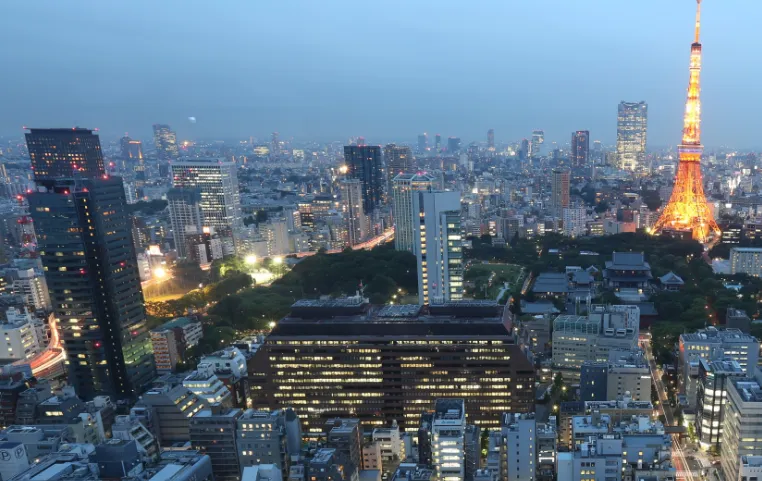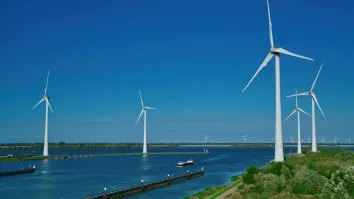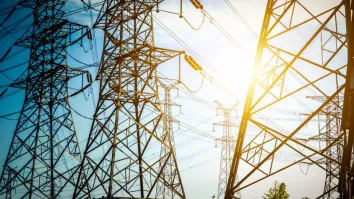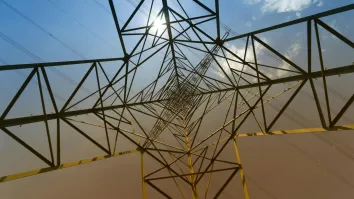
Why Japan must start weaning itself off oil imports for energy
With the nuclear industry in limbo, Japan has to make up its mind.
To maintain energy security, Japan has to make sure that there is no complete dependence on just one type of energy source. This is according to Nobuo Tanaka, chairman and former executive director of International Energy Agency (IEA) in a keynote speech at the World Smart Energy Week. "Solar is of course a good addition as prices have dramatically gone down, but Japan has a long way to go in this industry which is why Japan must start weaning off oil imports, he added.
"Low oil price decreases investment in high cost producer countries and increases security risk by too much dependency on Middle East oil. Diversity of oil sources and wider variety of energy sources such as gas, renewables and nuclear is essential. After the Fukushima accident nuclear projects in Japan need to pass several test of sustainability: namely passive safety, ease of high level radioactive waste management and non-proliferation," Tanaka said.
Toshimitsu Fujiki, director-general of energy efficiency & renewable energy department at Japan's Ministry of Economy, Trade and Industry, says that ultimately, Japan’s goal is to reduce levels of dependence on fossil fuels and nuclear power by focusing on comprehensive energy-saving measures and maximizing opportunities to introduce renewable energy sources. In the government's 2016 whitepaper on energy, it was said that even with these efforts, Japan projects that in FY2030 fossil fuels will still account for 77% of its primary energy resources, and thermal power generation 56%. Consequently, it is essential for Japan to establish a system for procuring energy resources from other nations stably and at low cost.
To achieve this vision, Japan outlined a long-term approach to energy security amidst low crude oil prices” based on three policy goals. They are: 1) facilitating global investment in upstream development; 2) establishing LNG markets in readiness for crude oil price volatility, and; 3) exporting Japan’s energy-saving technologies to reduce worldwide dependence on crude oil.
The World Smart Energy Week 2017 is currently being held in Tokyo, Japan from March 1-3, 2017.



















 Advertise
Advertise







